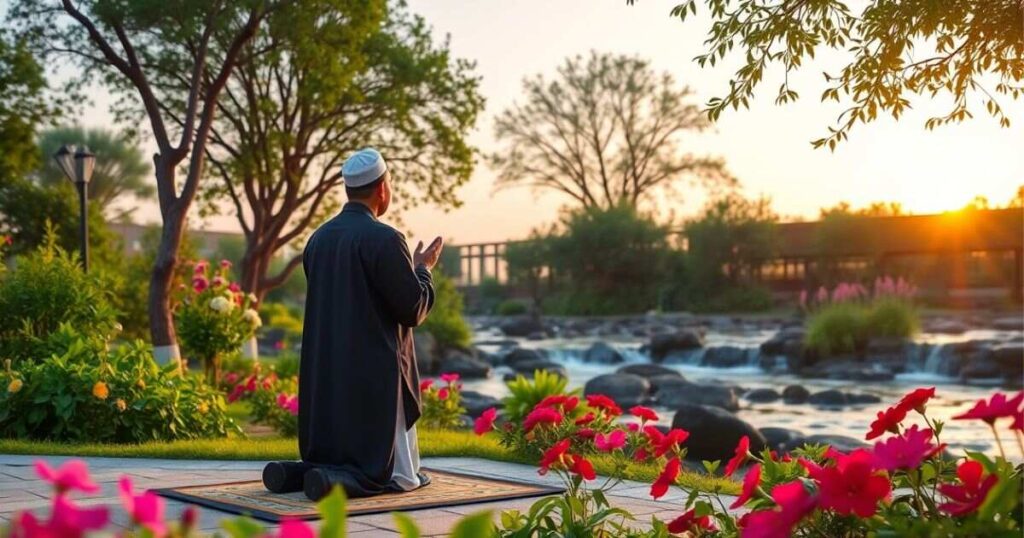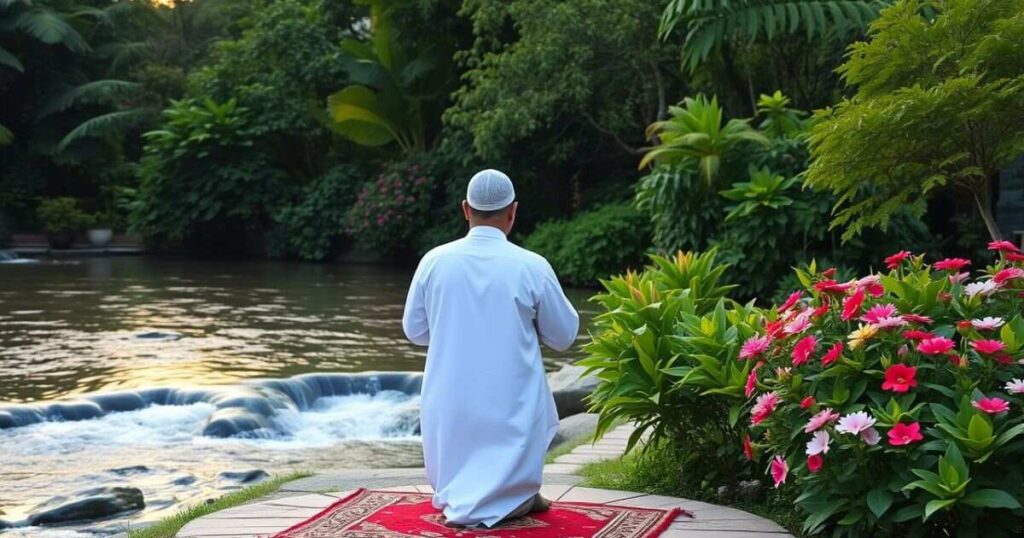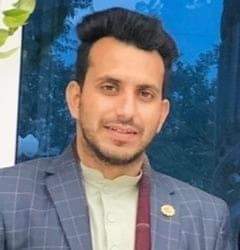For every heart that trusts, the gates of provision open wide. That timeless assurance threads through every Islamic Prayer tradition, reminding believers that abundance rizq and blessing barakah are never random; rather, they flow by the will of Allah and through the sincerity of our supplications. In today’s fast-paced world where renovation shows like Windy City Rehab inspire dramatic makeovers and HGTV stars such as Alison Victoria transform empty lofts into dream homes many Muslims likewise yearn for a spiritual makeover that renews their livelihood, relationships, and inner peace. Hence, we embark on an uplifting journey, discovering how each intentional Islamic Prayer can powerfully attract sustenance, harmony, and steady growth.
Understanding Rizq and Barakah in Everyday Life
A Muslim’s livelihood is more than the coins or crypto in a digital wallet; it is a tapestry woven from health, skills, supportive family, and time itself. Consequently, Islamic Prayer becomes the thread that tightens this weave, keeping it from unraveling under modern strains. Rizq translates loosely to provision, yet its depth covers every blessing, from a nurturing spouse to halal profits earned with integrity. Meanwhile, barakah amplifies whatever we already possess stretching minutes in a workday, sweetening a marriage, or turning a modest income into a fountain of generosity.
Historically, our Prophet taught that a single sincere dawn supplication could eclipse an entire day’s labor in value. However, many of us scroll through notifications while sipping coffee, unaware that those fleeting seconds could nurture our greatest business partner Allah. For instance, Alison Victoria, a renowned interior designer, often credits her on screen success to discipline and purpose. Similarly, adopting disciplined Islamic Prayer habits renovates the heart, swapping drywall indecision for marble solid trust. Therefore, when stress whispers, Will my efforts ever pay off transition words like yet and however remind us that divine mathematics differs from worldly spreadsheets.
The Qur’anic Foundation of Abundance
Although trends rise and fall like TV ratings, the Qur’an’s promises remain evergreen. Allah states, If you are grateful, I will surely increase you 14:7. Gratitude here is active, summoned by every Islamic Prayer that begins with praise and ends with hopeful reliance. Likewise, the Prophet declared that charity never decreases wealth. Such paradoxes encourage believers to pour generosity into the marketplace, confident that barakah will refill the cup.
Surahs Yāsīn and Al Waqiʿah are beloved for boosting rizq. Scholars explain that their rhythmic recitation unlocks subtle mercies, similar to how a savvy TV host unlocks viewer loyalty through relatable storytelling. Additionally, making abundant istighfar seeking forgiveness removes unseen barriers, just as an architect clears debris before rebuilding an old Chicago brownstone. Yet, every verse and every plea must be wrapped in ikhlāṣ sincere devotion that neither fame nor followers can buy.

Seven Powerful Islamic Prayer to Increase Rizq and Barakah
First, begin each dawn with the concise supplication .Allāhumma inni as’aluka ʿilman nāfiʿan, wa rizqan ṭayyiban, wa ʿamalan mutaqabbalan. It petitions for beneficial knowledge, pure provision, and deeds accepted, tying all three blessings into one seamless ribbon. Whenever you recite it, visualize light spilling across your workspace, just as a well placed skylight brightens a renovated loft.
Second, pray the two rakʿāt of Duha after sunrise. Scholars equate its reward with a full day charity spree. Moreover, consistent Duha curbs midday slumps, creating a productivity flow superior to the most sophisticated project-management app.
Third, reserve moments after each obligatory salah to repeat Ya Wahhāb O Bestower twenty one times. This divine name directly aligns with the concept of gifts, priming your heart to receive unexpected income or a promising new business partner.
Fourth, read Surah Al Waqiʿah nightly. While reciting its verses, transition smoothly from worldly worries to spiritual calm. Anecdotal accounts though not hadith describe families freed from debt after adopting this routine, paralleling how a strategic renovation flips property value almost overnight.
Fifth, memorize the prophetic prayer for debt relief Allāhumma ikfini bi ḥalālika ʿan ḥarāmik, wa aghnini bi-faḍlika ʿamman siwāk. Its eloquence invites lawful earnings and bars desperate shortcuts.
Sixth, cultivate the habit of abundant istighfar, echoing Prophet Nūḥ’s advice: Ask forgiveness of your God.He will send down rain for you in abundance. Each “Astaghfirullāh” cleanses spiritual stains the way fresh paint covers scuffed walls, making room for new opportunities.
Seventh, seal every effort with heartfelt salawāt blessings on the Prophet . Scholars liken it to postage that guarantees delivery; without it, a Islamic Prayer risks lingering in a spam folder of distraction.
Continuously weaving these seven acts into daily life nourishes relationships be that with a supportive spouse, a loyal client, or even a patient boyfriend awaiting a blessed marriage. In short, diligent Islamic Prayer doesn’t simply add zeros to a bank balance; it multiplies life’s qualitative richness.

Frequently Asked Questions about Islamic Prayer
Q1: Can women recite these prayers during menstruation?
Yes, because most afkar, such as Ya Wahhāb or salawāt, require no wudu and remain permissible.
Q2: How long before I notice increased rizq?
Results vary however, gratitude and consistency often yield subtle barakah like time stretching within weeks.
Q3: Is Surah Al Waqiʿah an authentic rizq cure?
Although no sahih hadith promises wealth, scholars endorse its virtues when paired with hard work.
Q4: Should I make duʿāʾ in Arabic only?
Prefer Arabic for Qur’anic phrases, yet personal vernacular deepens sincerity, thus enriching acceptance.
Q5: May I ask for a specific salary?
Absolutely. Specificity reflects confidence, though always end with if it is good for me.
Q6: Does charitable giving still help if I’m already struggling?
Yes; even a date shared breaks scarcity mindset and invites multiplying barakah.
Q7: Must I wake for Tahajjud every night?
Strive for at least once weekly the Prophet praised consistent deeds, even if small.
Q8: How do I balance worldly strategy with spiritual reliance?
Plan diligently, yet trust outcomes to Allah similar to a TV host who rehearses but still improvises live.
Q9: Can I include my non-Muslim colleagues in duʿāʾ?
Yes; pray for their well-being and guidance, demonstrating Islam’s universal mercy.
Q10: What role does halal income play in sustaining barakah?
A pivotal one. Just as weak foundations doom a mansion, dubious earnings erode long-term abundance.

You may also like:PrayerTechy
Conclusion
In essence, every Islamic Prayer is a strategic dialogue with your Creator, inviting Him to renovate the blueprint of your life. When hearts align with trust, tongues flow with gratitude, and hands move in ethical enterprise, rizq arrives from unforeseen doors while barakah saturates each moment. Therefore, commit to these seven prayers, maintain ethical labor, and cultivate generosity. Soon, you will witness how sincere supplication transforms daily routines as remarkably as a prime time renovation transforms a dated apartment proof that true prosperity is built where faith, effort, and divine favor meet.
You may also like:PrayerTechy

Hi I’m Hamza Basharat SEO content writer with 4 years of experience and founder of PrayerTechy.com. I combine faith and strategy to help people discover how to pray with purpose, using well optimized, impactful content rooted in scripture and spiritual growth.



1 thought on “Islamic Prayer to Increase Rizq and Barakah”